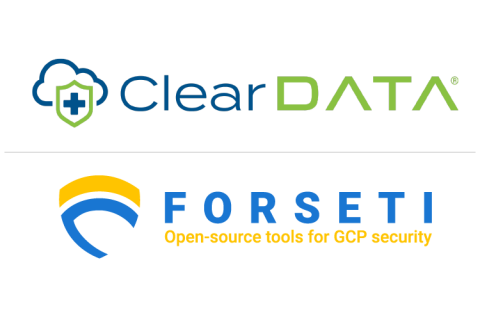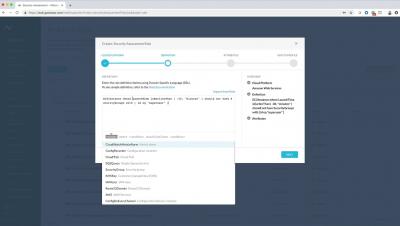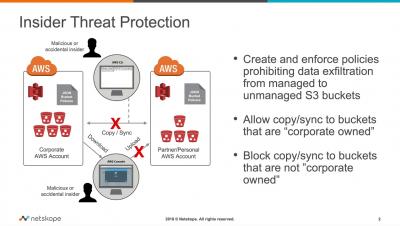Security | Threat Detection | Cyberattacks | DevSecOps | Compliance
Cloud
ClearDATA: Running Forseti the serverless way
ClearDATA provides cloud services and DevOps expertise to help healthcare and life science companies realize the benefits of the cloud. Our mission is to make healthcare better by helping conservative, heavily regulated healthcare entities innovate safely in the cloud.
Our Recap of AWS re:Invent 2018
Who else had as much fun as we did at re:Invent 2018? I hope everyone is now home, rested, and going through everything they’ve learned while at the show – I know I learned a ton! The best part of being at a conference like re:Invent is hearing firsthand from practitioners how they are using technology to solve their business challenges.
S3 Security Is Flawed By Design
Amazon S3, one of the leading cloud storage solutions, is used by companies all over the world to power their IT operations. Over four years, UpGuard has detected thousands of S3-related data breaches caused by the incorrect configuration of S3 security settings. Jeff Barr, Chief Evangelist for Amazon Web Services recently announced public access settings for S3 buckets, a new feature designed to help AWS customers stop the epidemic of data breaches caused by incorrect S3 security settings.
AlienVault Delivers Phenomenal Cloud Security for AWS Customers
Viva Las Vegas! We aliens have landed at AWS re:Invent 2018 (Booth #1506), bringing phenomenal threat detection, response, and compliance to the AWS cloud. As I gear up for a full day of live product demos, I thought I’d take a moment to highlight some of the ways in which AlienVault is delivering phenomenal security to our customers’ AWS environments and beyond.
Demo - Continuous security assessment for AWS
Demo - Insider threat protection for AWS S3
Auditing Amazon Machine Images with Tripwire for DevOps
Tripwire for DevOps continues to add new features and capabilities. The newest of these is the ability to perform vulnerability scans against Amazon Machine Images (AMIs) in the same Tripwire for DevOps workflow used for your Docker containers. This blog will discuss the creation of AMIs and how to audit them for vulnerabilities within Tripwire for DevOps.











